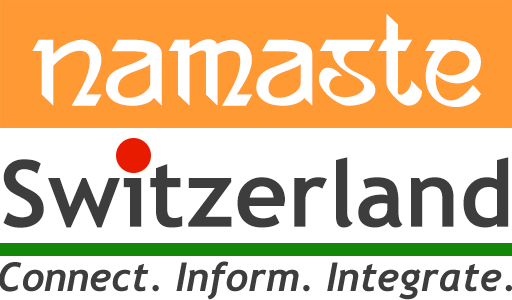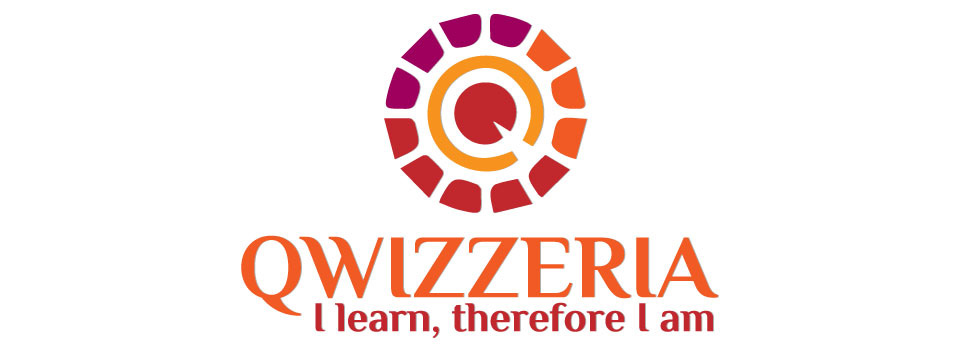Rupa Mukerji wears three hats in her professional life at Helvetas Swiss Intercooperation. She is:
- on the Management Board of the Helvetas Swiss Intercooperation
- the Head of the Advisory Services department at Helvetas Swiss Intercooperation
- an Advisor on the Climate Change for the organisation and also a member of the Board of Directors of the Indian arm of Helvetas – Intercooperation India.
The commendable fact is that Rupa is the first non-European member on the board of a Swiss development organization. She and her Dutch colleague were appointed at the same time to be the first women on the management board.
In addition, Rupa Mukerji along with Carmenza Robledo from Helvetas are two of the lead authors of the 5th assessment report for the U.N. Intergovernmental Panel on Climate Change.
Tracing her story
Born in Lucknow, Rupa Mukerji grew up in a multicultural environment. She moved every few years from one city to another with her parents, as her father had worked for the Reserve Bank of India back then. “People like us are called ‘Pravasi Bengalis’ – a category of the Bengalis that live outside Bengal,” she laughs, adding, “More or less everyone in the family had had intercultural marriages. My husband, Ram, is from the south of India and I met him when I was doing my MBA in Anand from 1987-1989.”
After her education in different parts of India, Rupa worked in Delhi for a non-profit organisation. A year later, she married and requested a transferred to Bangalore. Then, 24-year-old Rupa, along with five other former colleagues founded a research consultancy organisation called Taru Leading Edge that focussed on research and design of developmental projects in the areas of rural housing and 5infrastructure.
Steering her own path
“I was interested in management – but not just in business development. I wanted to do something different. I wanted to steer my career and decide what I could do, without getting caught up in any kind of bureaucracy. A strong desire to be in a responsible position at a young age and give direction to my own work motivated me to get into the start-up scene,” she says.
“At Taru leading Edge, we picked up a strong positive reputation and turned into a boutique consulting firm – highly competent and highly regarded for our professional edge. Our clients included: the World Bank, the British and Australian governments, academic institutes, NGOs. I remained with my company for 12 years, by which time, it had grown to a strength of 50 people, spread over 5 offices in India,” she says with a hint of proud nostalgia.
A decision based on personal choice
“I was working on a long-term large Australian project which was very intensive. My daughter was very young. I was home in Hyderabad on weekends and flew to Bangalore for the week. My parents and my husband looked after our daughter and each other. My husband made sure he worked from home as often as he could. But after two years, I had to make a choice. I decided to take a break and work only on small projects through my company.”

In 2004, Rupa’s husband, Ram saw an advertisement for a CEO for an NGO in ‘Business India’. “We were a bit surprised to see an NGO ad in this magazine and spoke about it . Ram said, “Looks like you’re ready to go back to full time work!”. The interesting interview and discussions with a two-day process of selection landed me this role in the Swiss NGO called ‘Intercoorporation’. The NGO needed to reinvent itself and start a new project portfolio. To me, this presented the possibility to shape an institution based out of Hyderabad. I came to Switzerland for 6 weeks for induction, etc. and then continued working in Hyderabad until 2011. As Country Head in India, I often toured Switzerland for meetings ”
Intercorporation then merged with Helvetas and started the Helvetas Swiss Intercooperation’s Advisory Services department, comprising specialists with expertise in aspects of rural development, environmental and resource conservation. These experts provide technical advice and support to field projects in various countries.
“My former boss asked me to consider moving as I worked on thematic issues. I am an expert in adaption to climate change. This was another fresh new start that came my way. And today, we work in 30 countries, with 1,500 staff of which 150 are in the four offices in Switzerland itself,” explains Rupa, who clearly is passionate about her work. Her husband and daughter joined her in Switzerland within three months as well.
Glass ceilings?
“Not really, she says. There are challenges, of course. You have to always be conscious that you set very high standards for yourself– sometimes higher than those of men. There is responsibility in general – but sometimes an added one as woman, or as a woman from a developing country. You must be aware of cultural sensitivities and know how to present your point in the meeting. The cultural difference is huge between India and Switzerland. You’ve got to be measured in your input, be relevant, concise, and deliver on time.”
She adds, “Respect the fine line between being competitive and being pushy. It’s all about teamwork and mutual motivation. Reflect and ensure you’re in the right direction. It is important to not be aggressive. I’d say be settled, be confident – you’re here because you are good enough! Don’t be insecure! You don’t have to make a point at every point. Observe, give yourself space to listen and then speak. Be patient. Don’t be in a rush to make your presence felt. Delayed gratification is best.”
Words of wisdom
“Enjoy your work. Do away with the guilt of not being a good homemaker or mother. You are a good role model for your children so keep your communication open at all times. Integrate. Learn the language.”
Cover Photo courtesy © Daphna Paz at Polit-Forum Käfigturm
Disclaimer: Written in good faith, we do not undertake any financial/reputational impact or other obligations/liabilities that may arise from the content.












